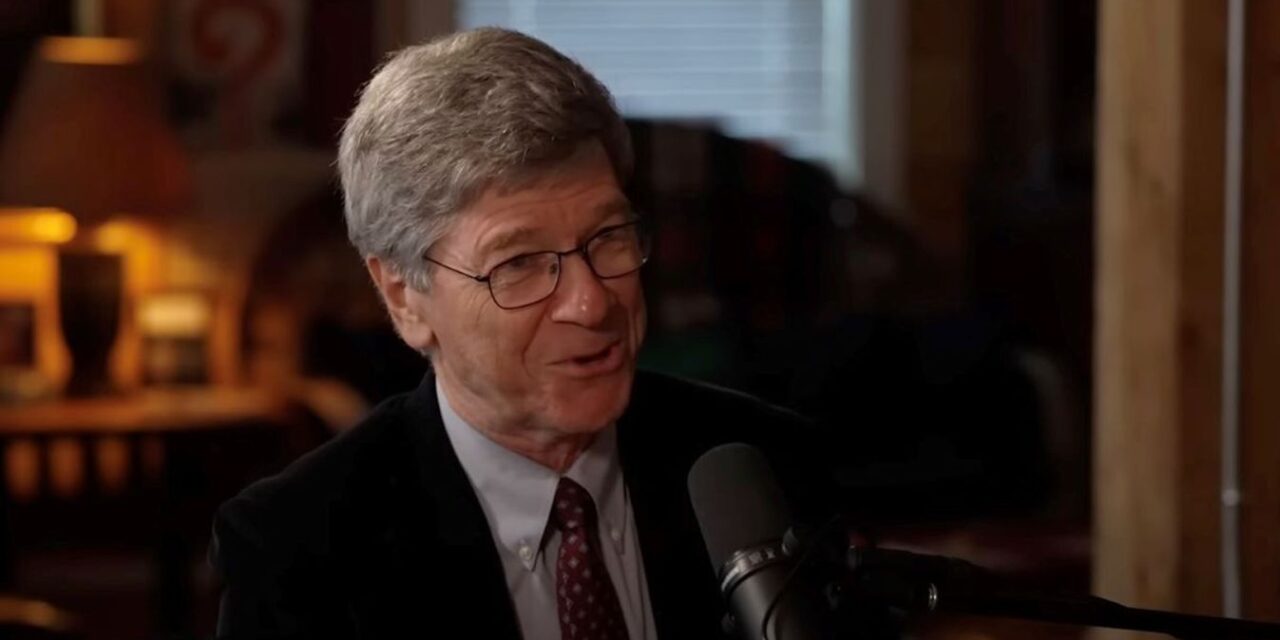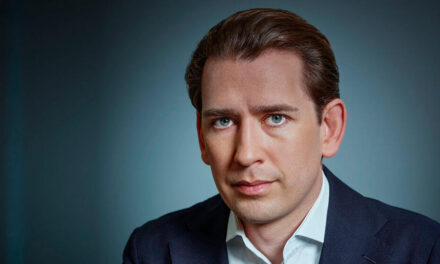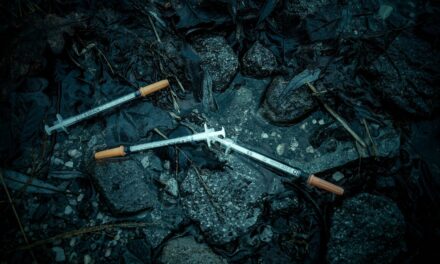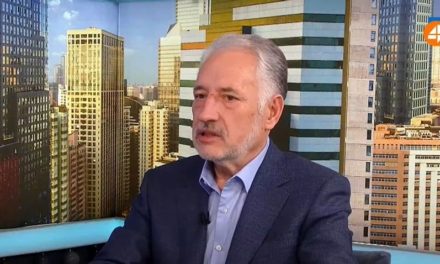The world-famous American professor described in detail in his program Tucker Carlson how the United States provoked Russia to attack Ukraine.
"It's not true that Vladimir Putin attacked Ukraine in 2022 without anyone provoking it," Jeffrey Sachs, a world-renowned professor of economics and foreign policy expert at Columbia University, said on Tucker Carlson's program . He highlighted:
For decades, the United States and NATO provoked Russia by continuously expanding the military alliance to the east, despite its 1990 promise. Putin's reaction is the crossing of the red line that Ukraine's accession to NATO would mean.
Jeffrey Sachs detailed how US foreign policy led to Putin's eventual attack on Ukraine. He recalled that in 1990, NATO promised not to expand or expand further. Despite this, the detailed plans came to light as early as 1997, the essence of which was for the military alliance - and with it Washington - to expand its influence in Europe and Eurasia. For this purpose, the accession of Ukraine and Georgia to the Western federal system was considered essential.
An important milestone in this plan was that in 1998 the Eastern European countries - including Hungary - joined NATO, and in 2000 the Baltic countries also joined the military alliance. According to the professor, these steps were all provocative steps as the North Atlantic Treaty Organization moved closer and closer to Russia's borders. Even after that, the USA continued to expand its influence by unilaterally withdrawing from the Ballistic Missile Treaty, considered one of the guarantees of Russian-American peace, in 2002. After that, he first deployed missiles in Poland and Romania, and later NATO bases were built in most Eastern European countries as well. The bombing of Belgrade in 1998 also fit into this line, the real purpose of which was for the United States to gain a foothold in South-Eastern Europe.
Putin has long said that Ukraine is a red line
Already in 2007, at the Munich Security Conference, the Russian president called on the leaders of the United States and Europe to promise that NATO would not expand eastward in 1990. This is a guarantee of Russia's security. Meanwhile, Europe cooperated more and more closely and in more and more areas with Moscow, which was obviously not in the interest of Washington, where the conviction still persists that
the United States is the only superpower in the world, so it can do whatever it wants
Jeffrey Sachs pointed out. He recalled that in 2008, at the summit in Bucharest, the European leaders convinced the Americans that the expansion of NATO to Russia's border was unnecessary and dangerous.
The war did not start in 2022
Ukraine initially did not want to become part of the Western federal system either, the Ukrainians supported the country's neutrality. It is no coincidence that Viktor Yanukovych, who declared the country's neutrality in 2013, was elected president. Of course, this was unacceptable for Washington, so the CIA incited an uprising in Kiev with its action, and then the Yanukovych government was overthrown in early 2014.
According to the world-famous professor, the Russian-Ukrainian war began at that time, since an armed conflict has been taking place in the eastern areas of the country since 2014. And Russia annexed Crimea because it could not afford to build American military bases on the peninsula, thereby endangering the hundreds of years of Russian presence in the region.
Sachs reminded that Joe Biden and Vladimir Putin last met in 2021. At that time, Russia proposed a security agreement, but the negotiations did not take place. Shortly before the Russian invasion, Vice President Kamala Harris and other American leaders were already openly talking about Ukraine becoming a member of NATO.
Taking all of this into account, it does not hold up that Russia attacked Ukraine without provocation
- concluded Jeffrey Sachs, who also expressed his opinion in the conversation about
why it is clear that the Covid-19 epidemic was caused by the result of an American coronavirus experiment.
The conversation was also recommended by Oscar-winning film director, producer and actor Oliver Stone his channel X.
This is the best single interview on #UKRAINE and #COVID I've seen. Economist Jeffrey Sachs and journalist Tucker Carlson's interchange is crucial to understanding the miasma we're living through. Our TV debates and interviews are surface only. Take your time. If you don't have… pic.twitter.com/QQ7Gxghq1Q
— Oliver Stone (@TheOliverStone) July 20, 2024
Featured Image: Screenshot













